Minnesota Republicans think they have found a golden issue to run on in 2024. In the 2022 elections, campaigning on interfering with women’s healthcare decisions, blocking gun protections, banning books, censoring teachers, and championing insurrectionists didn’t go that great for them. Therefore, Republicans have settled on an old reliable “bread and butter” issue — fighting to cut taxes for the wealthiest individuals and corporations.

Bam! Take that, big-taxing progressives. Here come the trickle-down “Reagan Republicans.”
The problem is that this isn’t 1984, and most Americans do not want the wealthiest and corporations to have lower taxes. According to a March 2023 Pew survey, a jaw-dropping 83% of Americans are bothered — 61% “a lot,” 22% “somewhat” — that “some corporations don’t pay their fair share of taxes.” A nearly identical number are bothered that “some wealthy people don’t pay their fair share.” Only 17% agree with Republicans on that issue.

Looking at these numbers, you would be hard-pressed to find a worse issue for Republicans to emphasize during the 2024 elections. DFLer activists should consider contributing to Republicans who are paying to put their “shame on the DFL for taxing the wealthy and corporations” messages in front of voters. That messaging does Republicans much more harm than good.
If only Minnesota DFLers had a way to show the swing voters who will decide close races how they are fighting to ensure that wealthy people pay their fair share of taxes to support state infrastructure and services.
Enter the Institute on Taxation and Economic Policy (ITEP). The national think tank recently found that Minnesota currently has the #1 most equitable state and local tax system, thanks to changes made by DFLers.

How does Minnesota have a more equitable system than other states? The breakdown for Minnesota by the Minnesota Budget Project shows that Minnesota’s highly progressive state income tax offsets out highly regressive sales and excise (e.g. alcohol, tobacco, gasoline) taxes.

You may recall, that in 2020 GOP gubernatorial candidate Scott Jensen and his followers ran on eliminating that state income tax. That 2020 election didn’t go particularly well for Johson and his party.
Based on the polling and Jensen’s shellacking, shouldn’t Minnesota’s tax fairness ranking be something that DFLers tout to the 83% who agree with them? Shouldn’t they “go on offense” on this issue?

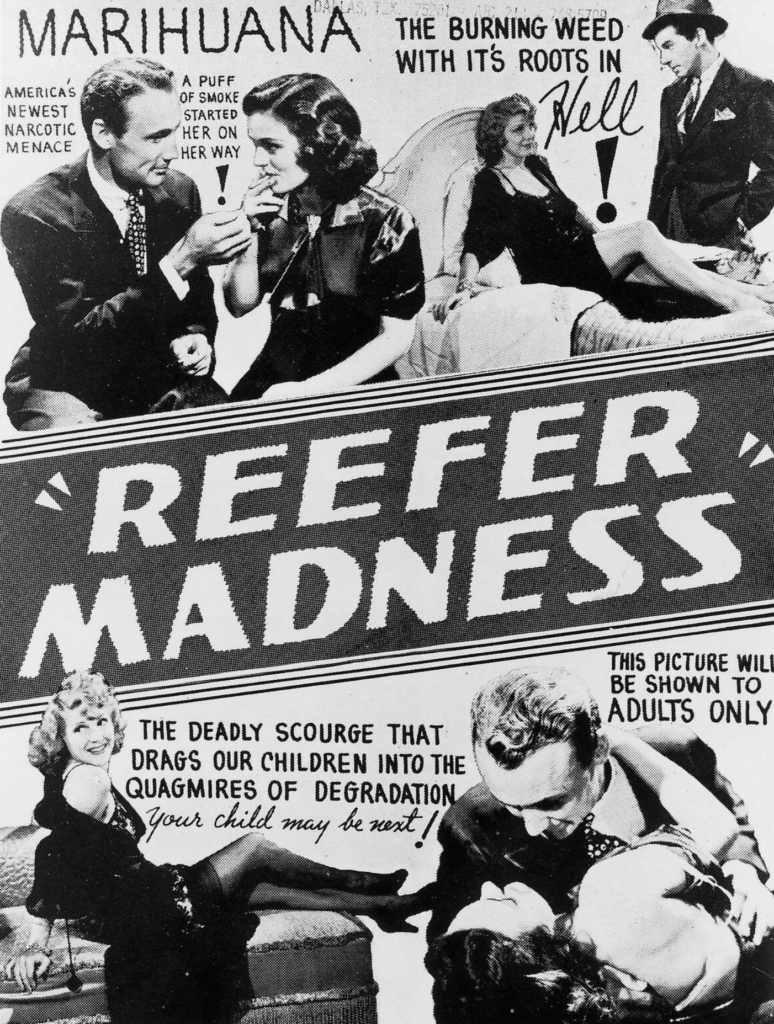

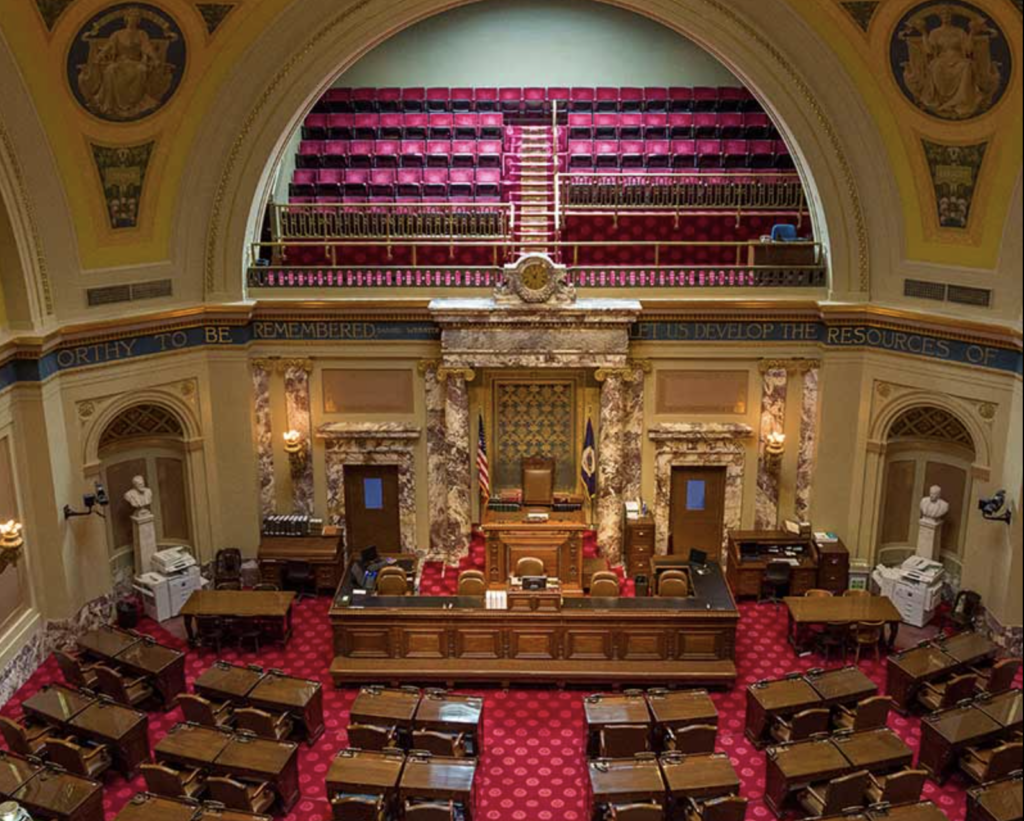
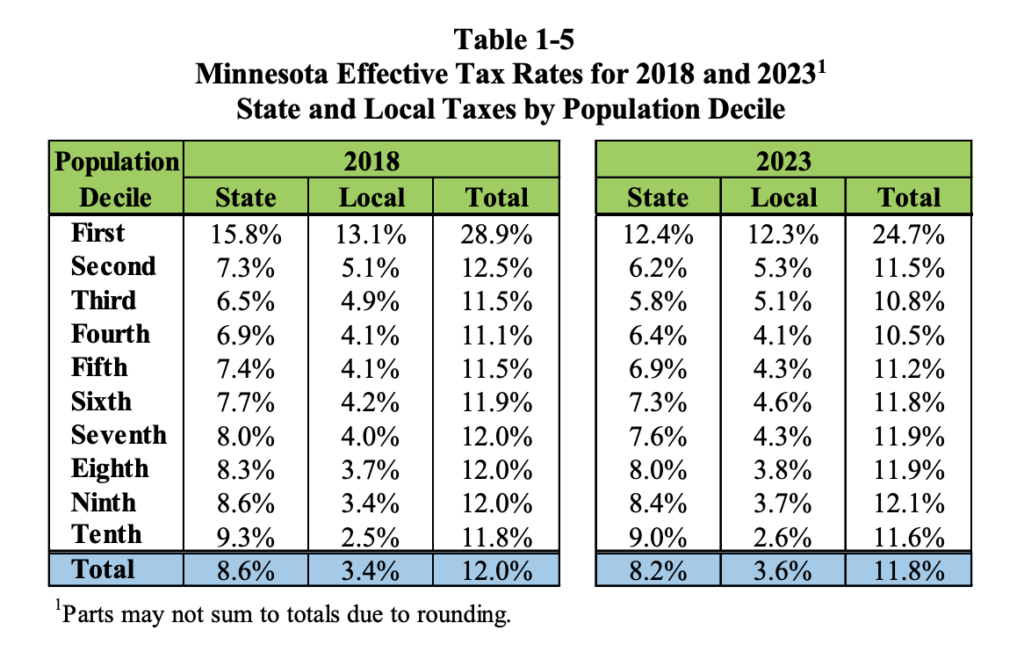
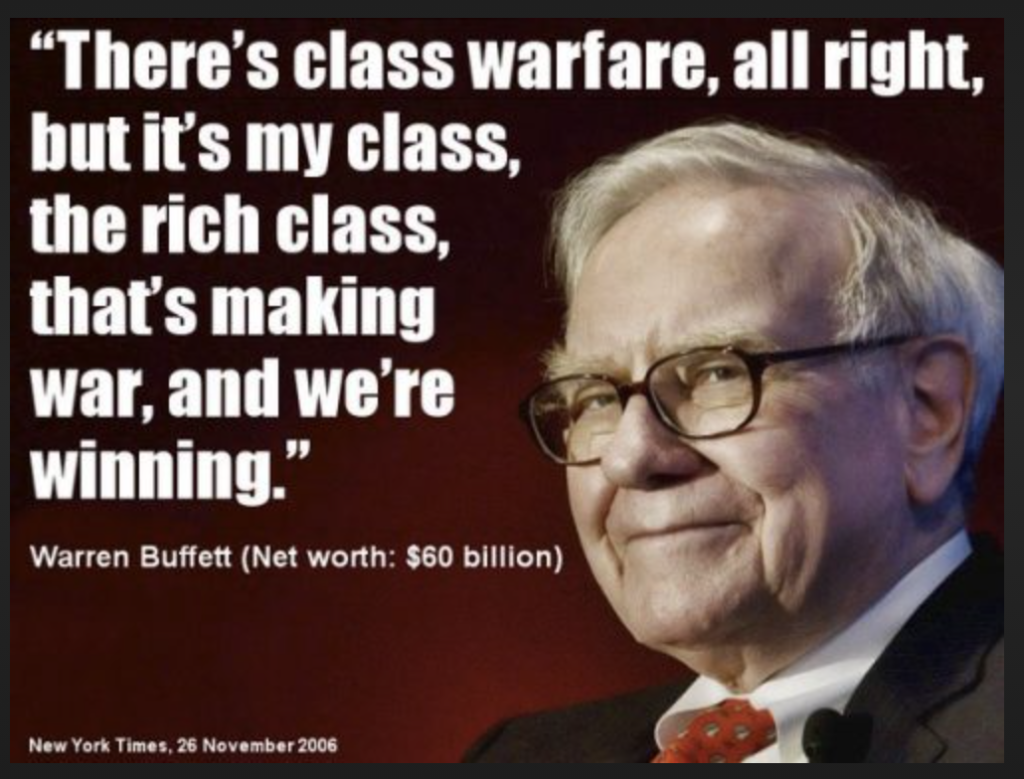
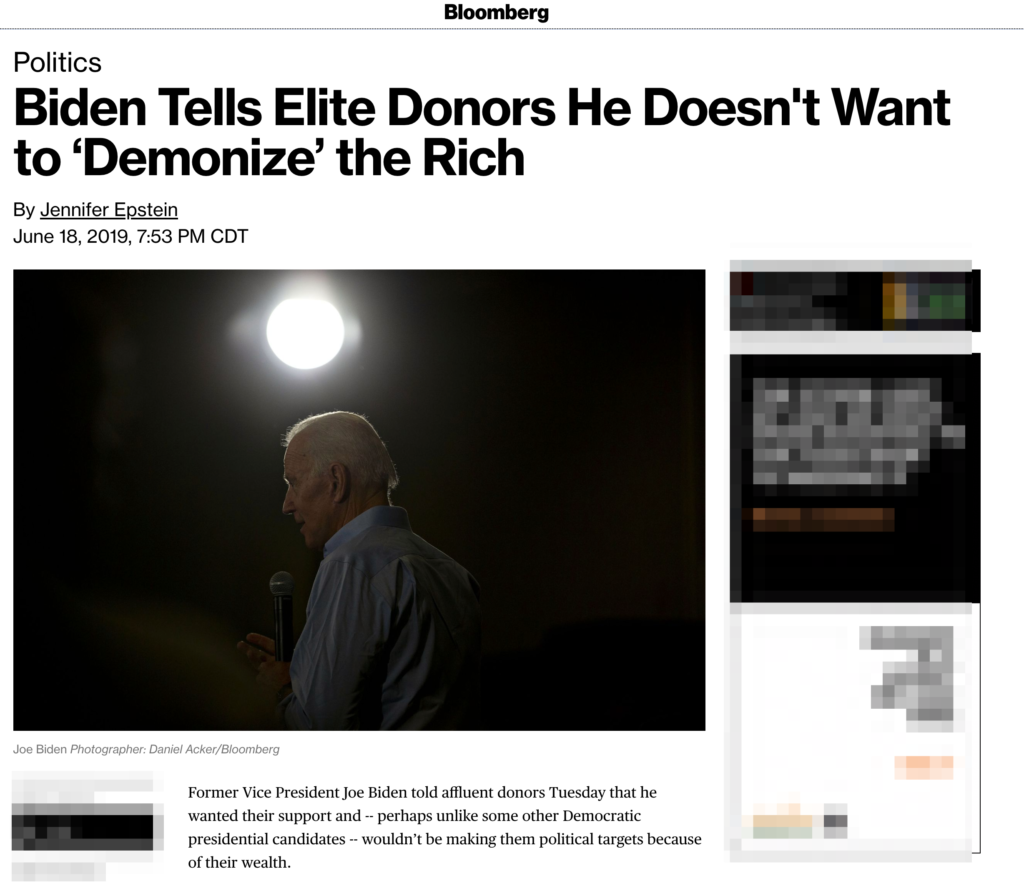
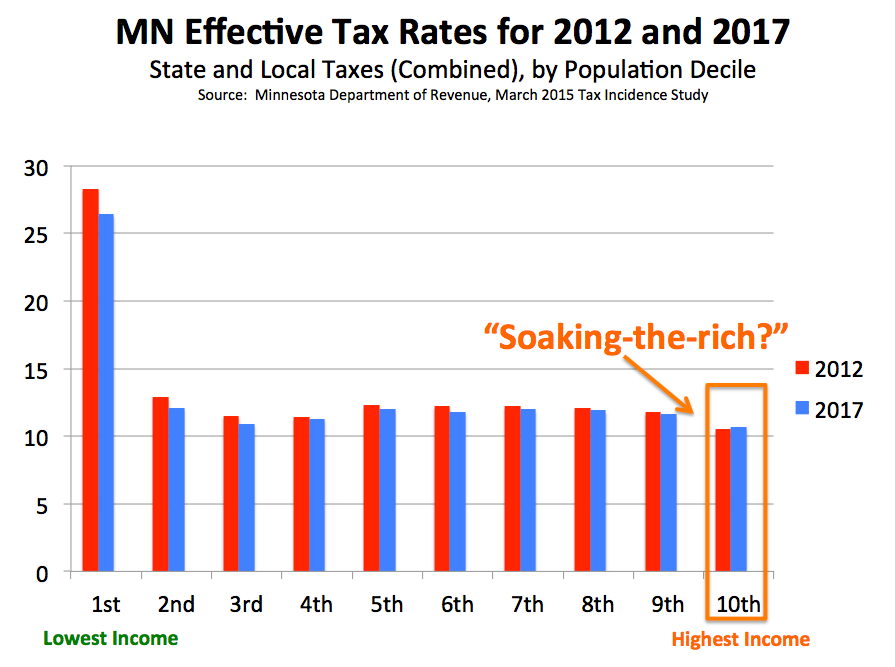
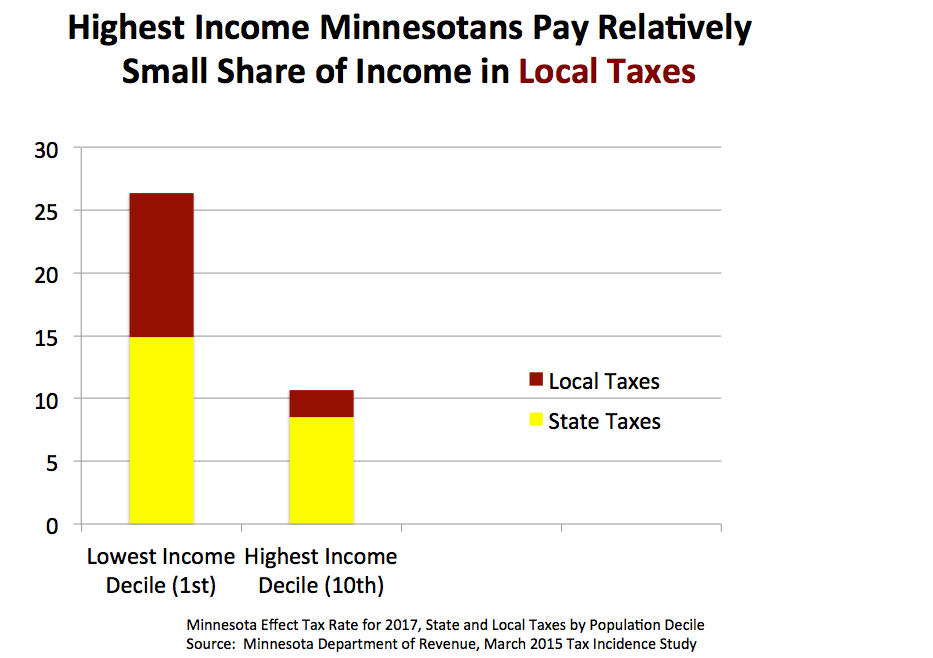 This is a point that is frequently missed, or intentionally ignored, by people who focus solely on state tax burdens, without also taking local tax burdens into consideration.
This is a point that is frequently missed, or intentionally ignored, by people who focus solely on state tax burdens, without also taking local tax burdens into consideration.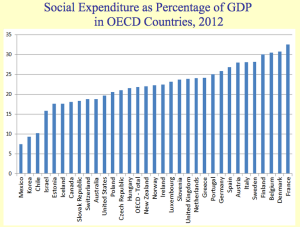 High as a kite from these clippings and the vindication they represent, DFLers run the risk of over-stepping, of pushing Minnesotans further than it they are comfortable going. As much as DFL politicians fantasize about bringing the social welfare
High as a kite from these clippings and the vindication they represent, DFLers run the risk of over-stepping, of pushing Minnesotans further than it they are comfortable going. As much as DFL politicians fantasize about bringing the social welfare  Anybody who has followed my lunatic rantings knows that I’m an unabashed wealth redistributin’, Wall Street regulatin’, minority rightsin’, carbon tradin’, Keynesian spendin’, Medicare-for-Allin’, tree-huggin’, consumer protectin’, Pentagon cuttin’, infrastructure rebuildin’, union supportin’, monopoly bustin’, education investin’ liberal.
Anybody who has followed my lunatic rantings knows that I’m an unabashed wealth redistributin’, Wall Street regulatin’, minority rightsin’, carbon tradin’, Keynesian spendin’, Medicare-for-Allin’, tree-huggin’, consumer protectin’, Pentagon cuttin’, infrastructure rebuildin’, union supportin’, monopoly bustin’, education investin’ liberal.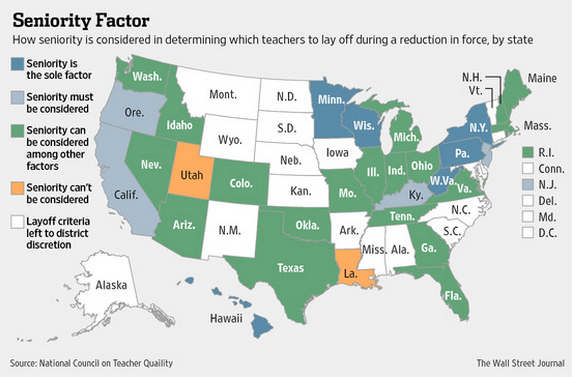 A talented young teacher who is successfully improving kids’ learning automatically should be mandated to be the first to be fired? That’s putting kids first? That’s pro-teacher? That’s pro-education? That’s respecting the teaching profession? That’s helping struggling low-income school districts, who have a disproportionate share of younger teachers? That’s liberal?
A talented young teacher who is successfully improving kids’ learning automatically should be mandated to be the first to be fired? That’s putting kids first? That’s pro-teacher? That’s pro-education? That’s respecting the teaching profession? That’s helping struggling low-income school districts, who have a disproportionate share of younger teachers? That’s liberal? You know what I’m talking about. Those gorgeous families perpetually promoting their endless vacations to balmy locations. Those bronzed boasters photographing their grotesque toes wiggling contentedly in the foreground of an idyllic beach. Those smug snowbirds constantly reminding you that they have ample time and money to spend the winter months engaged in poolside bingo marathons. Worst of all, those Minnesota expatriates who provide constant updates about the temperature differential between their old and new home states. Traitors!
You know what I’m talking about. Those gorgeous families perpetually promoting their endless vacations to balmy locations. Those bronzed boasters photographing their grotesque toes wiggling contentedly in the foreground of an idyllic beach. Those smug snowbirds constantly reminding you that they have ample time and money to spend the winter months engaged in poolside bingo marathons. Worst of all, those Minnesota expatriates who provide constant updates about the temperature differential between their old and new home states. Traitors! Think I’m over-reacting? Well, I’ll have you know that Seasonal Affective Disorder (SAD) plagues millions of citizens in northern states, causing us to stare catatonically into full-spectrum lights, binge on Vitamin D supplements, huff ionized air, and go bankrupt buying crap from garden, golf and fishing catalogs that we can only use a few weeks out of the year. You think that’s fun?
Think I’m over-reacting? Well, I’ll have you know that Seasonal Affective Disorder (SAD) plagues millions of citizens in northern states, causing us to stare catatonically into full-spectrum lights, binge on Vitamin D supplements, huff ionized air, and go bankrupt buying crap from garden, golf and fishing catalogs that we can only use a few weeks out of the year. You think that’s fun?